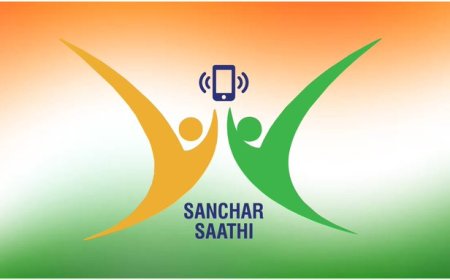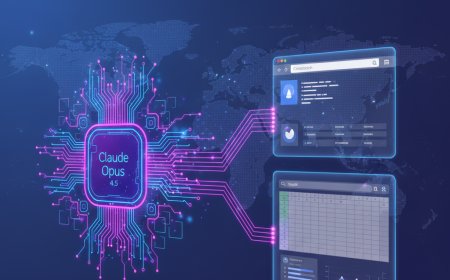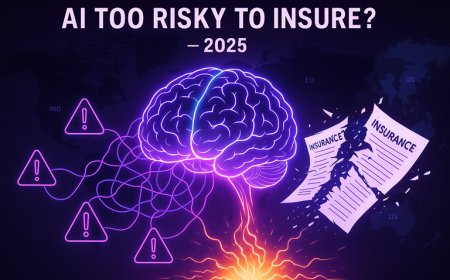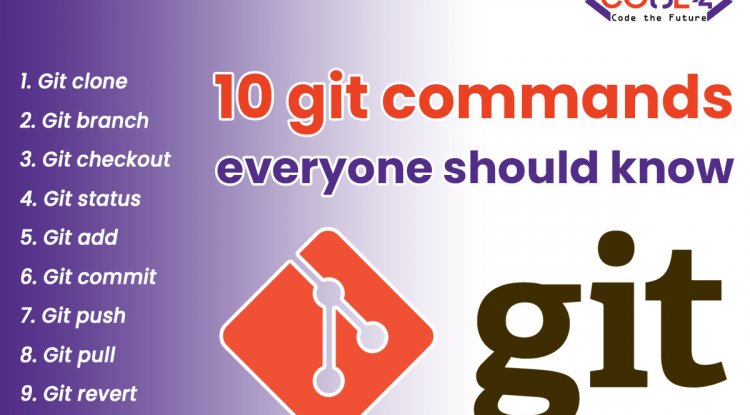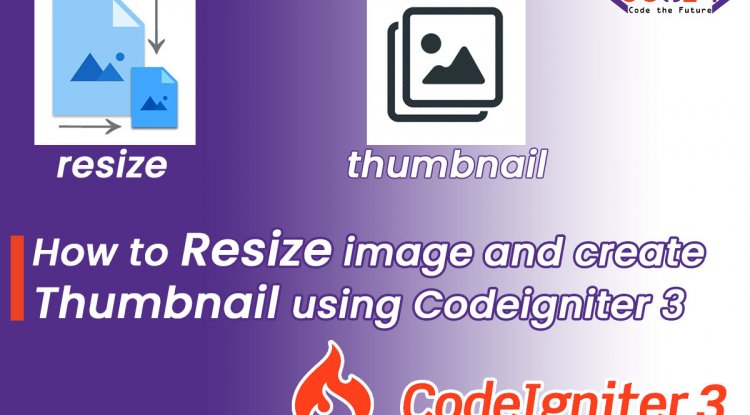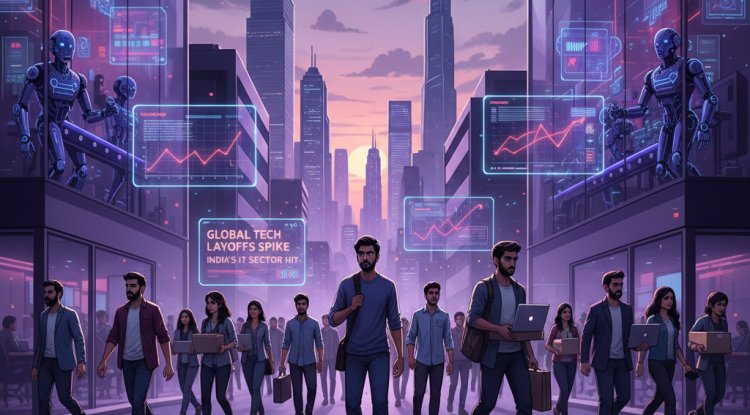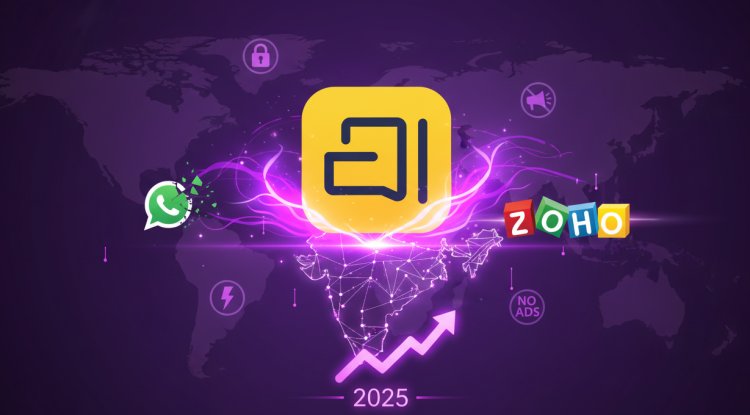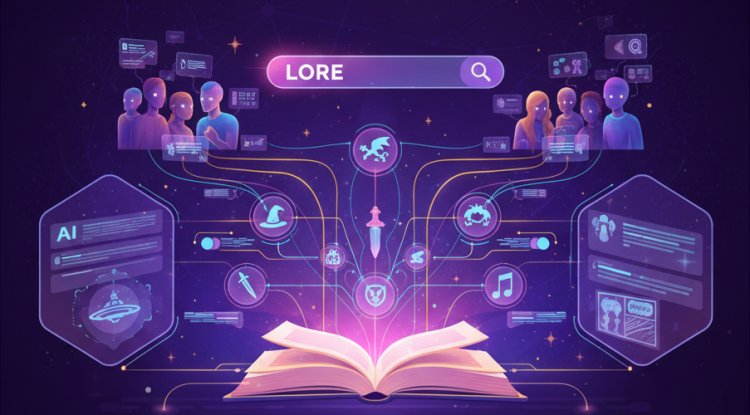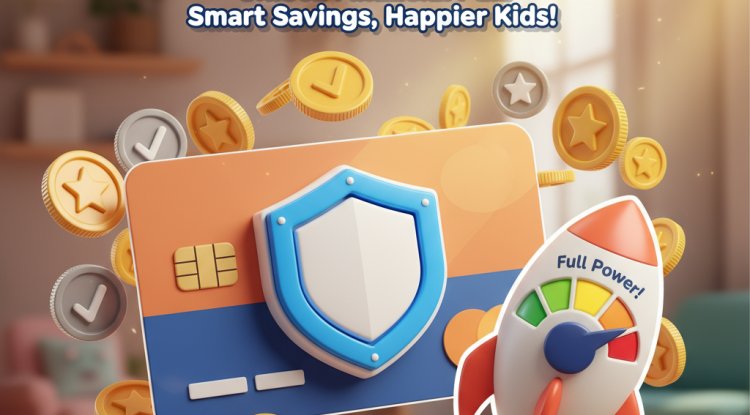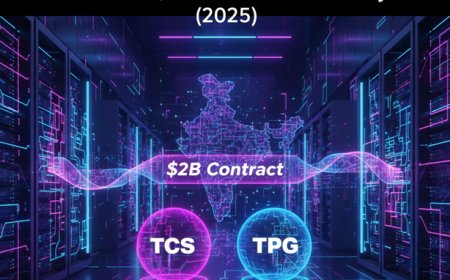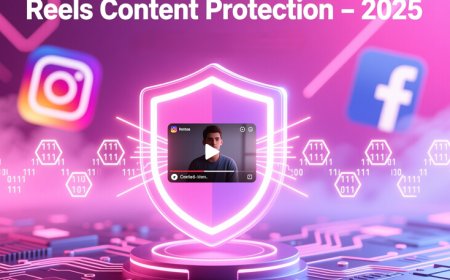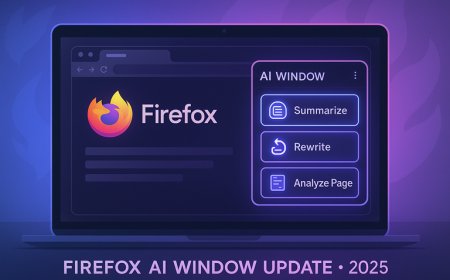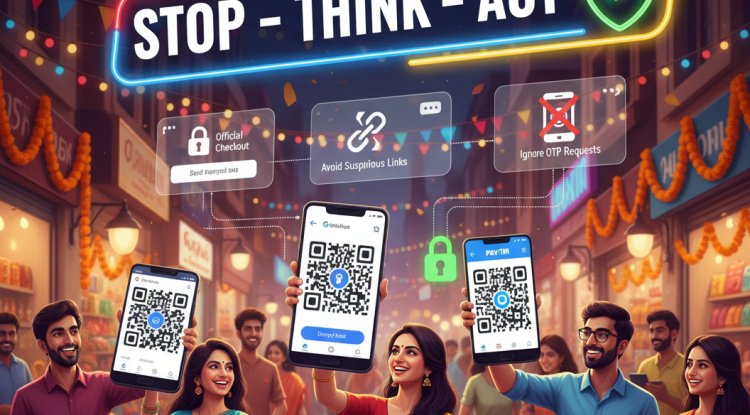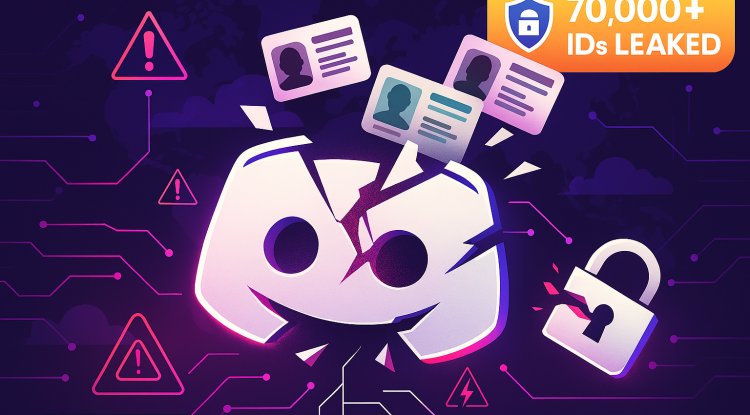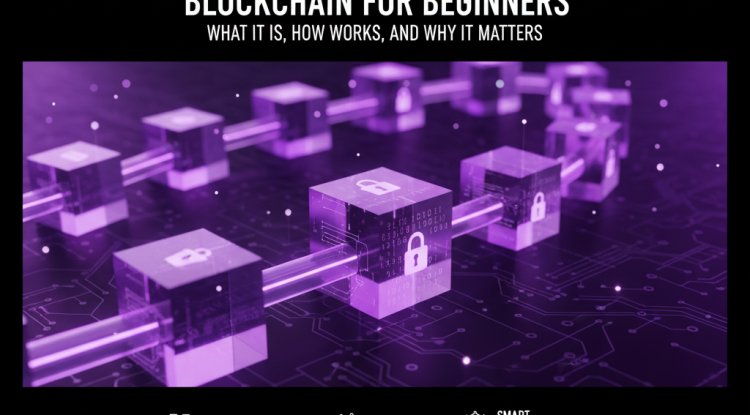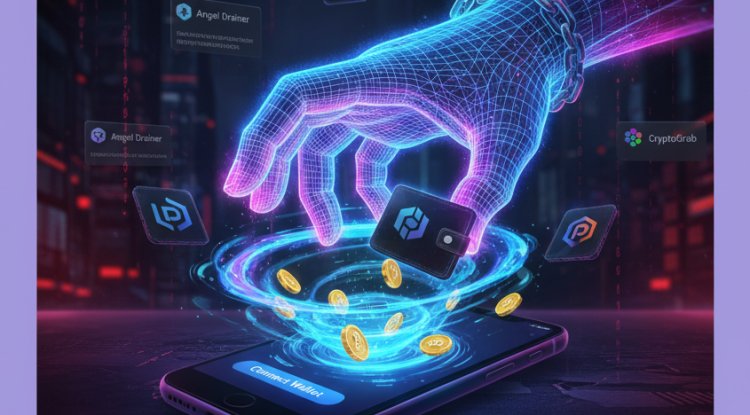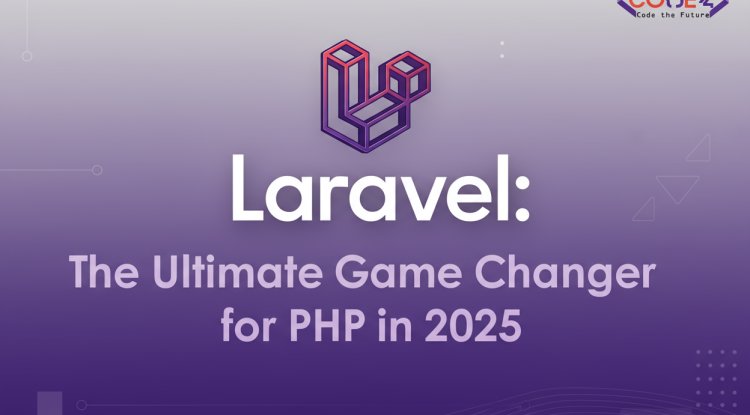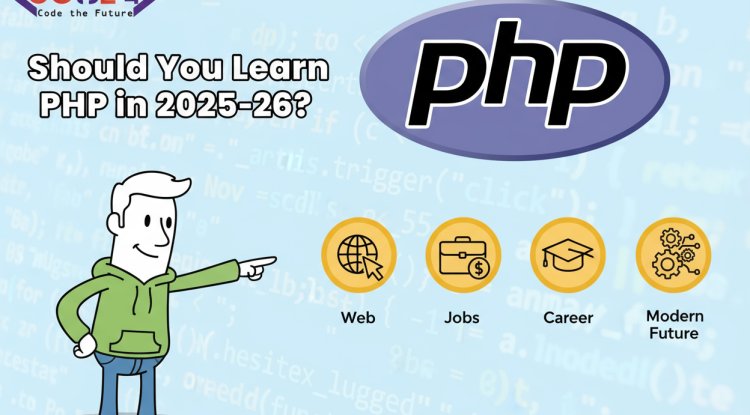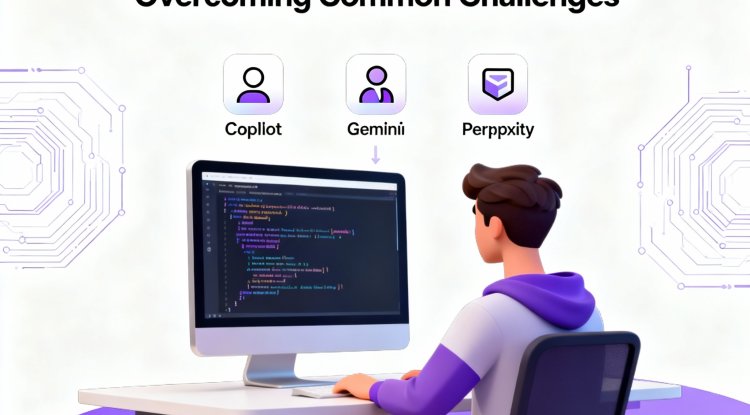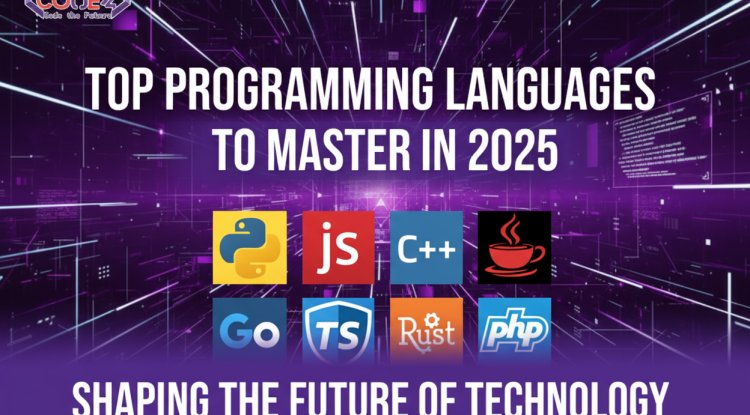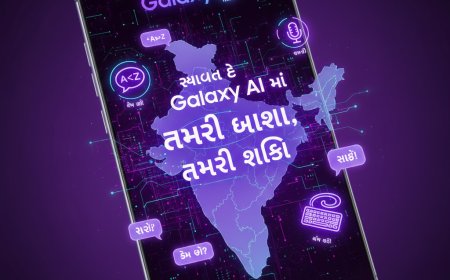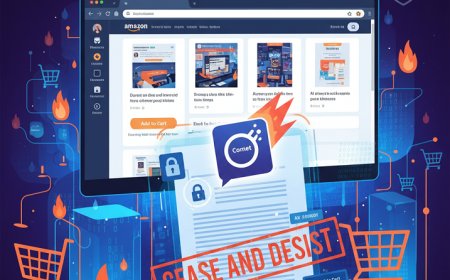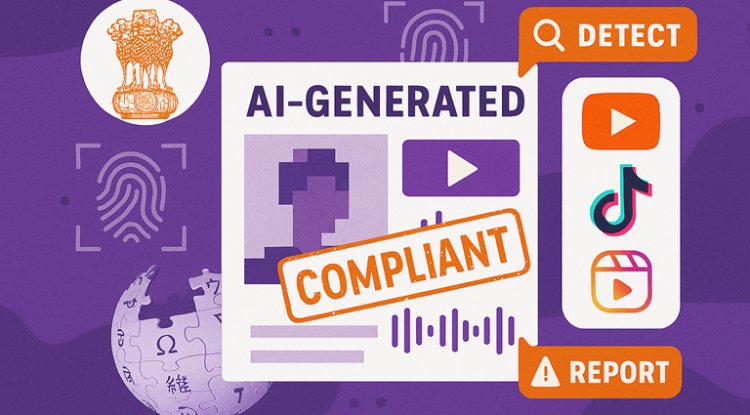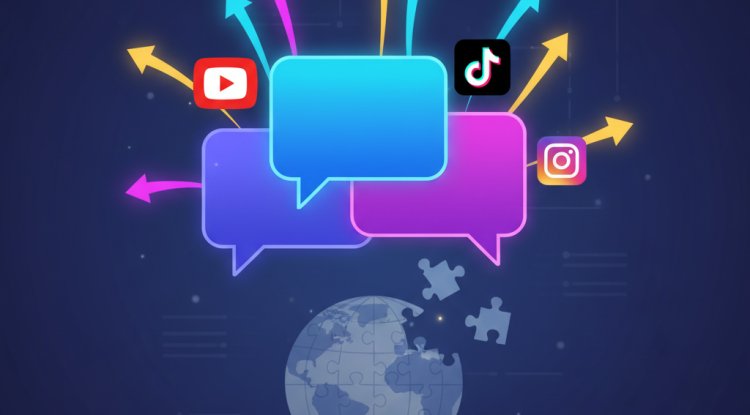Why AI Is Getting Brilliant at Coding but Stuck at Writing: The Science Behind Uneven Progress
AI coding assistants are evolving at lightning speed—while chatbots and creative writing bots lurch forward in small steps. The “reinforcement gap” explains this disparity, revealing why AI tools like GPT-5, Gemini 2.5, and Sonnet 2.4 are astonishing at code but less impressive at open-ended skills. This post dives into the mechanics, real-world benchmarks, and the tech economy impact of RL-based AI training.
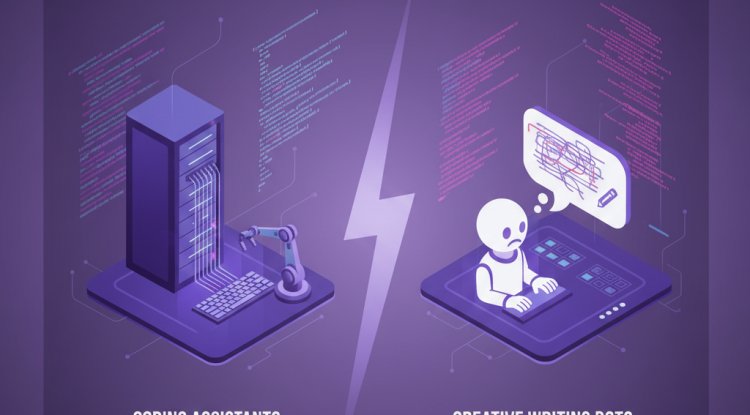
AI is not progressing evenly across all domains—and the “reinforcement gap” is now the key reason. In 2025, the abilities of large language models (LLMs) and generative AI tools in coding, competitive math, and video realism have soared. But skills like email drafting, general writing, and nuanced chat responses have improved much more gradually.
What Is the Reinforcement Gap?
- The reinforcement gap is the widening performance difference between skills that can be measured, tested, and auto-graded (like bug-fixing code or solving math problems) versus those that remain subjective and resistant to automation (like writing a persuasive essay or open-ended chatbot conversations).
- This is driven by reinforcement learning (RL)—AI’s most powerful recent advance. RL thrives on well-defined, repeatable, and objective tasks, delivering clear “rewards” when the model gets things right (Yahoo Finance, FindArticles).
AI Skills Improving Fast: Code and Math
- AI coding models like GPT-5, Gemini 2.5, Claude Sonnet 3.7, and DeepSeek R1 achieve human-level results or better on benchmarks like HumanEval (up to 99%) and SWE-bench (up to 73%)—because code can be automatically tested billions of times (PromptLayer, AIMultiple).
- Competitive math and synthetic reasoning problems are also getting “solved” as AI can instantly check if generated answers match gold standards or pass mathematical proofs.
- Recent LLMs integrate unit testing and continuous evaluation into their training process—so improvement is both measurable and compound.
Skills Lagging: Writing, Chat, Subjective Judgment
- Tasks like email, general text responses, or nuanced chat lack robust reinforcement signals. There’s no simple yes/no, so improvement requires vast human feedback (expensive, slow, and imprecise), leading to plateauing gains.
- OpenAI, Google, and Anthropic all report much faster RL progress on tasks that can be auto-graded versus those requiring taste, style, or empathy.
Surprising Wins: When RL Makes the “Impossible” Real
- AI video generation, previously thought to be weakly testable, has exploded in quality with models like OpenAI’s Sora 2—where sub-systems reward the accurate preservation of physics, object continuity, and facial stability (OpenAI Sora 2, GSMArena).
- Companies are building domain-specific “grading kits” for business processes (like accounting, image generation, or insurance claims), opening new categories to RL-based automation.
Beyond Tech: Reinforcement Gap and the Future Economy
- The future of work will split: Jobs that can be objectively measured, tested, and RL-trained are at highest risk of rapid automation (think code, math, and certain analytics roles).
- Creative, client-facing, design, and open-ended leadership roles are more resilient—but will also need new tools to measure and optimize performance as RL expands.
- AI upskilling and education for the “age of testable tasks” is becoming urgent, as demand for RL-ready roles skyrockets, even amid a massive AI talent gap (IBM).
Conclusion
The “reinforcement gap” isn’t just an AI phenomenon—it’s a roadmap for the next decade of product development, jobs, and innovation. If you can test and automate it, AI can scale it. If not, progress will be slower, incremental, and limited by human feedback.
Sources: TechCrunch, OpenAI, GSMArena, PromptLayer, IBM, FindArticles, Twitter/X, 2025
What's Your Reaction?
 Like
0
Like
0
 Dislike
0
Dislike
0
 Love
0
Love
0
 Funny
0
Funny
0
 Angry
0
Angry
0
 Sad
0
Sad
0
 Wow
0
Wow
0
